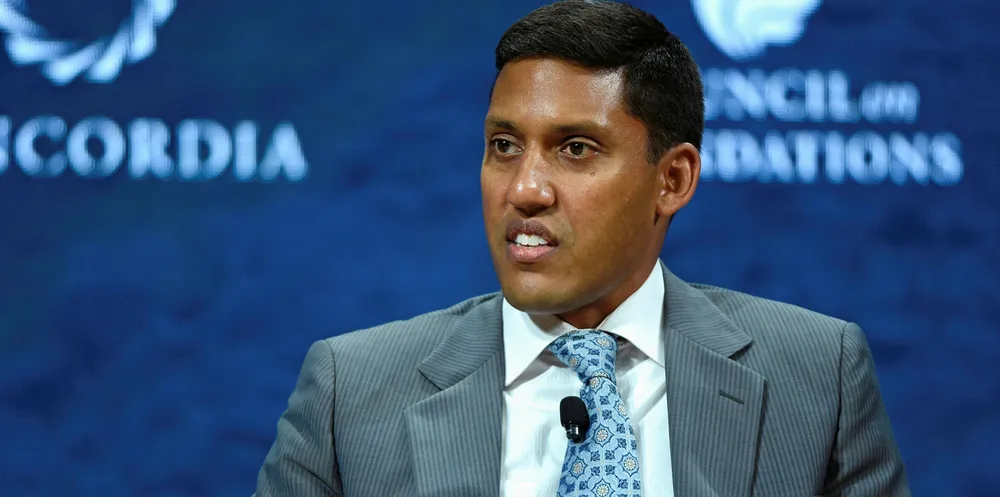Rockefeller launches 'catalytic' $1bn clean-energy-powered Covid recovery fund
Foundation built by family of US oil baron sets out plan to drive infrastructure investment in grid-scale renewables roll-out for 'inclusive recovery' from Covid pandemic

Foundation built by family of US oil baron sets out plan to drive infrastructure investment in grid-scale renewables roll-out for 'inclusive recovery' from Covid pandemic
